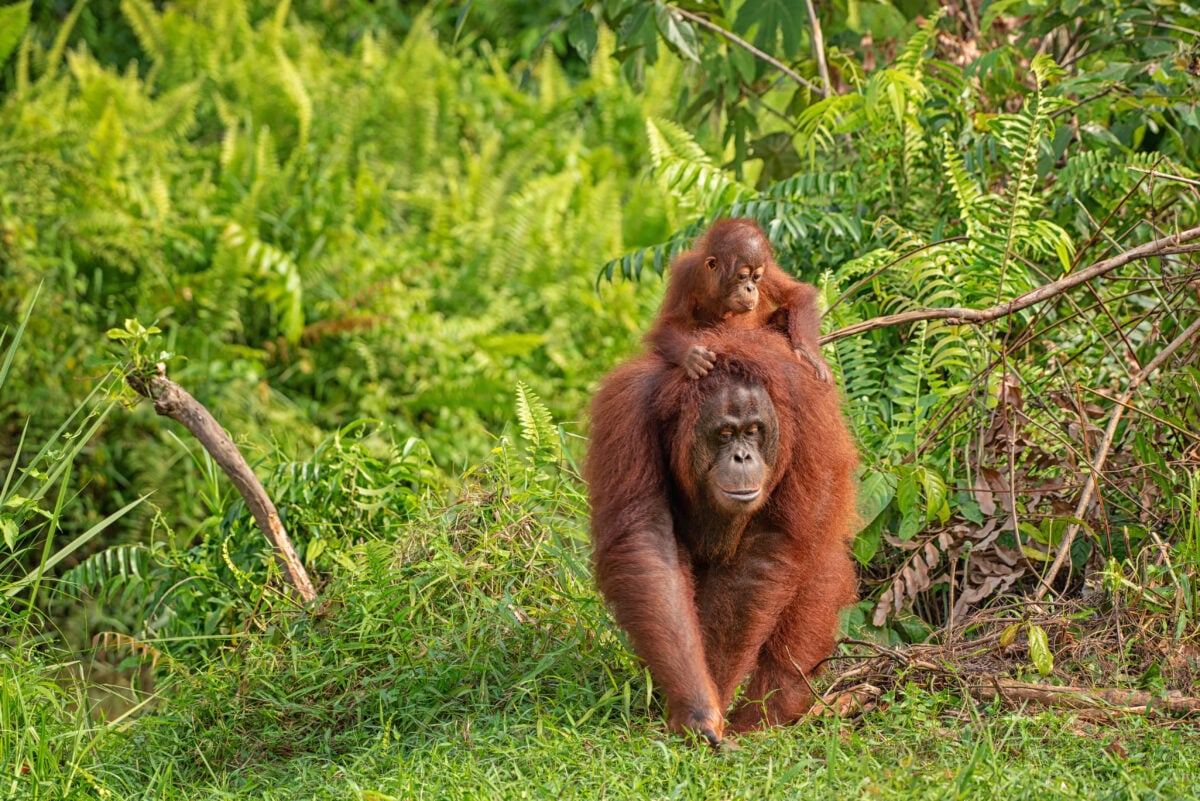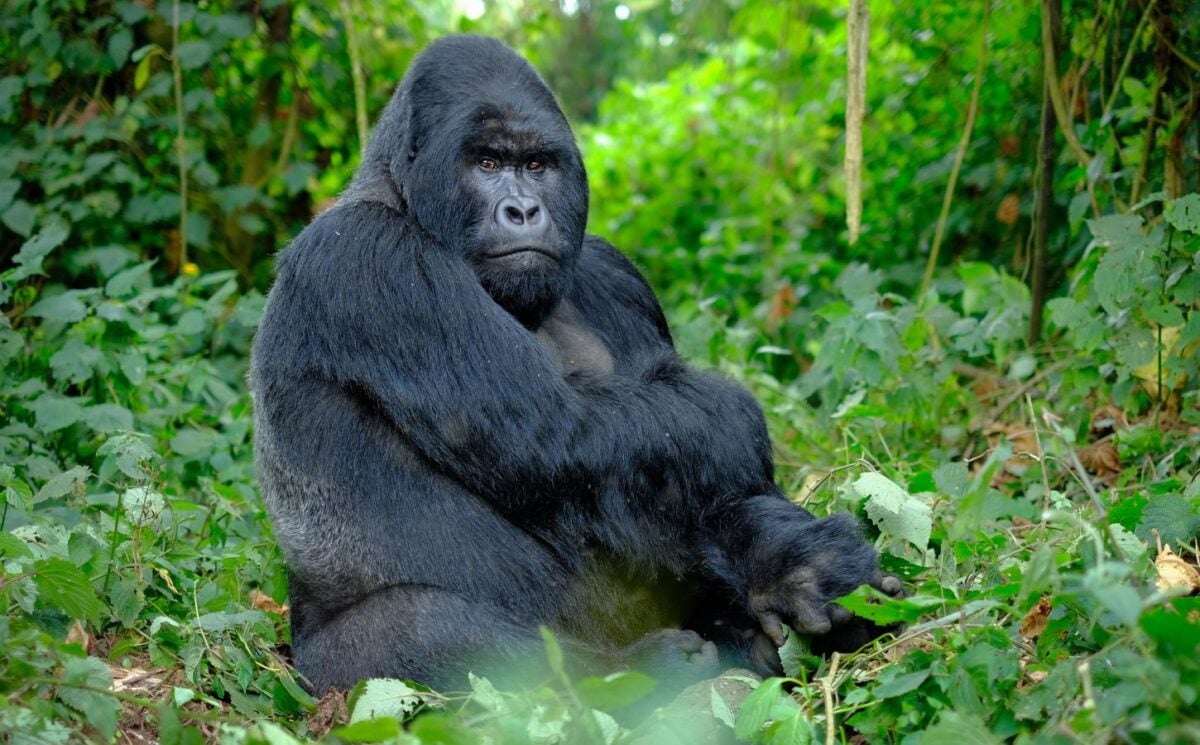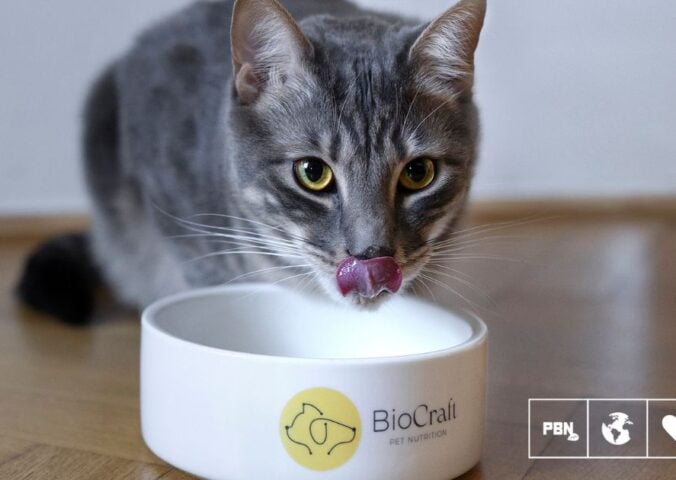The Spanish government recently opened a consultation period for the long-proposed “Great Ape Law,” which would offer additional protections to certain primates.
Read more: Amsterdam Zoo Should Become ‘Cultural Park For All,’ Animals Party Suggests
Between July 17 and July 31, 2024, the Spanish government requested “any individual, Center, Foundation, or NGO” to express their views on whether the General Directorate of Animal Rights should create a “Great Ape Law” or “Hominid Law.”
Peter Singer – moral philosopher, author of the influential 1975 book Animal Liberation, and Professor of Bioethics at Princeton University – shared the news on his blog, Bold Reasoning, and described the proposed legislation as “the best achievable” at this time.
Spain’s provisionally titled Great Ape Law would: Prohibit harmful or potentially harmful experimentation that is “not in the interest of great apes;” establish compulsory, well-regulated, and conservation-led living conditions; prohibit commercial exploitation in “circuses, advertising, and other purposes that conflict with their dignity;” and incorporate Spain’s existing commitments from 2005’s Kinshasa Declaration on Great Apes and 2001’s UN-led Great Apes Survival Partnership (GRASP).
Writing on LinkedIn, Singer noted that this type of legal protection “gives them [primates] better protection and prohibits commercial exploitation that conflicts with their dignity.”
Read more: It’s Time To Take Animals Out Of The Olympics
Proposed Great Ape Law ‘step in the right direction’

Great apes, or “hominids,” are a taxonomic family of primates whose extant members include orangutans, gorillas, and chimpanzees, as well as humans.
Because of the close evolutionary relationship and countless points of comparison between humans and other great apes, a variety of organizations believe legislators should give orangutans, gorillas, and chimps at least basic human rights and protections.
The Great Ape Project Spain, for example, has advocated for such a law since 1998, and the Spanish parliament initially approved “human rights” for apes in 2008.
Darrell Sawczuk, social media manager at Plant Based News (PBN) and a former gorilla keeper of five years, described the proposed legislation as “a step in the right direction,” but also noted that “the only way to truly protect apes from the suffering they endure within captivity is to stop breeding them.”
Sawczuk highlighted common captive breeding program practices – including castration and contraception – and the well-documented historical “torment and ridicule” of zoo animals as potential legislative blind spots. He also said that ending captive breeding is the only true way to end the suffering of captive apes, and noted the many difficulties of primate re-release.
“The ‘Great Ape Law’ seeks to prohibit purposes that conflict with the dignity of captive apes,” continued Sawczuk. “I find this very interesting as in my opinion the mere fact that they are held captive and on show to the public takes away their dignity entirely.”
Read more: Animal Testing Lab Transforms Into Rescued Animal Sanctuary






